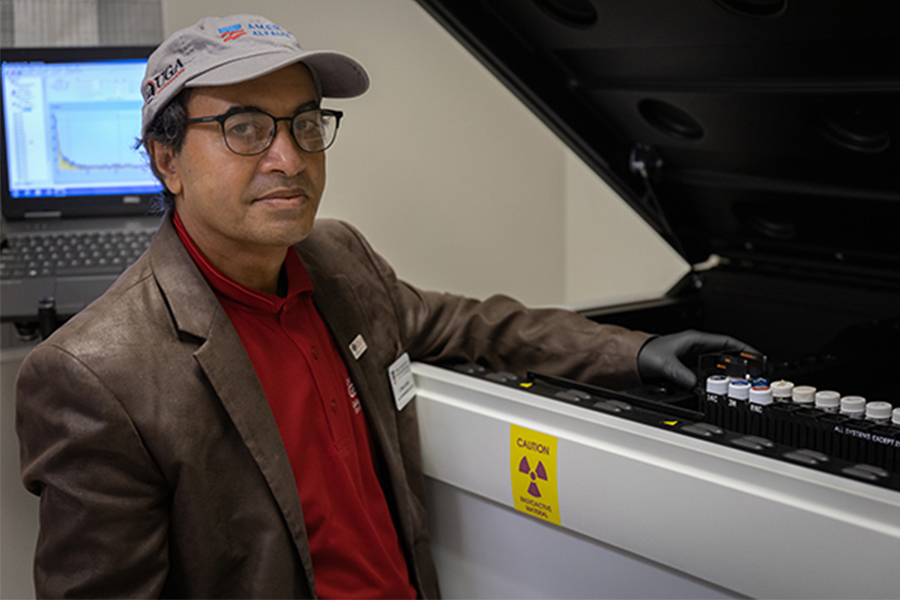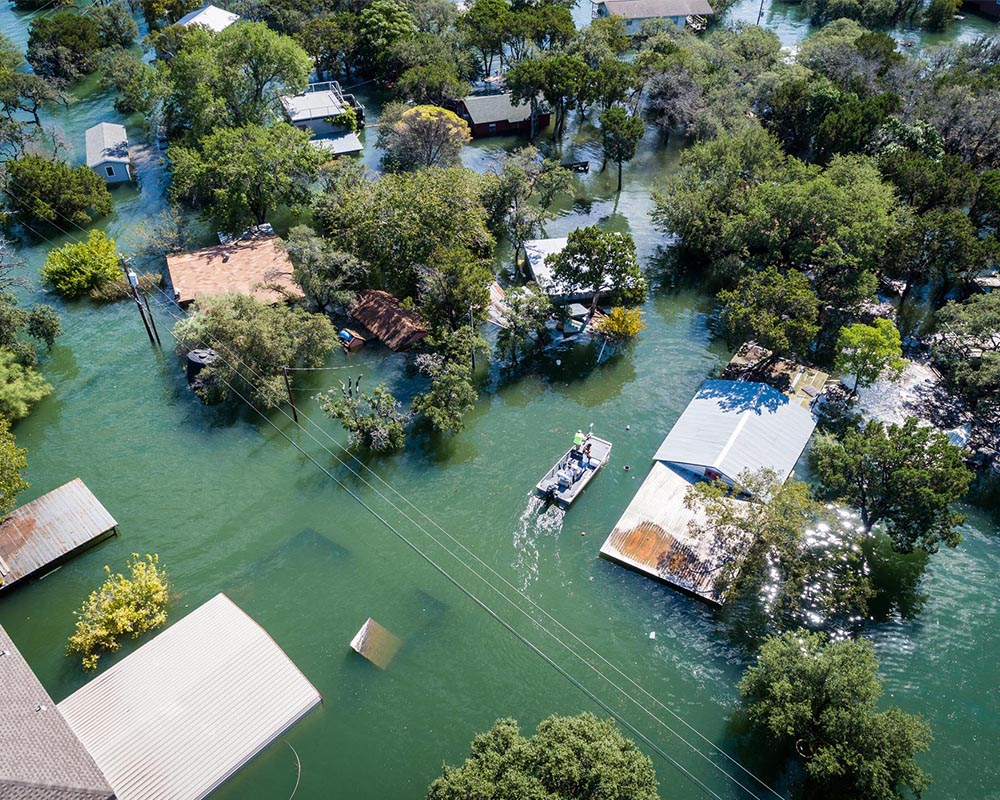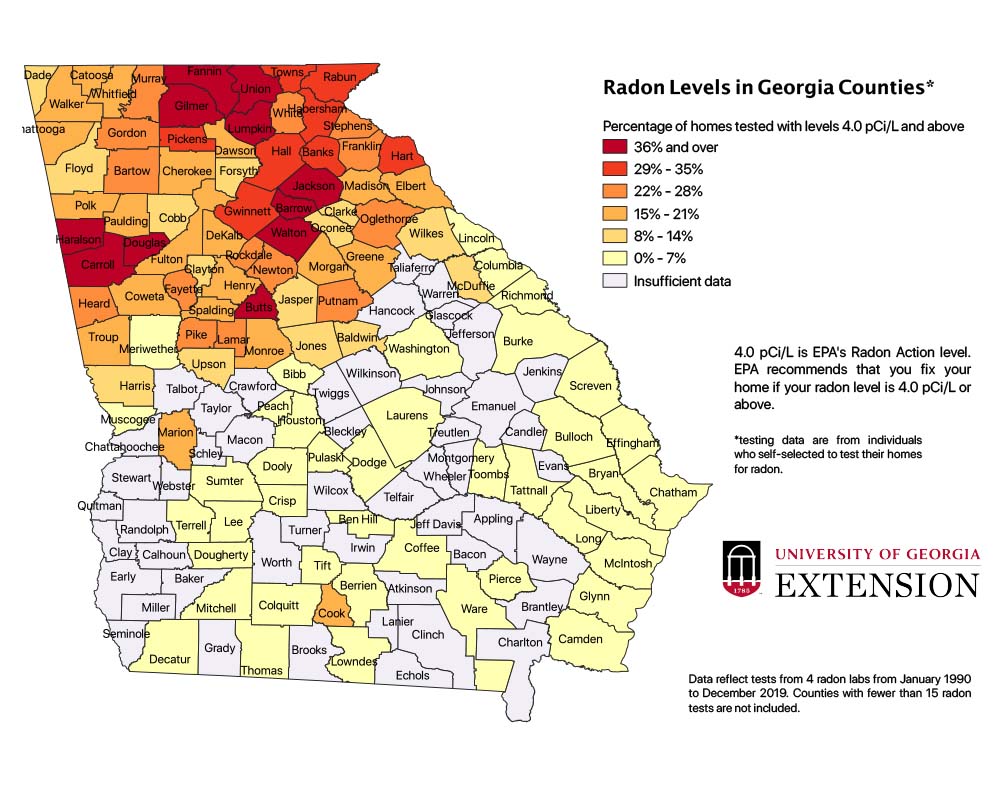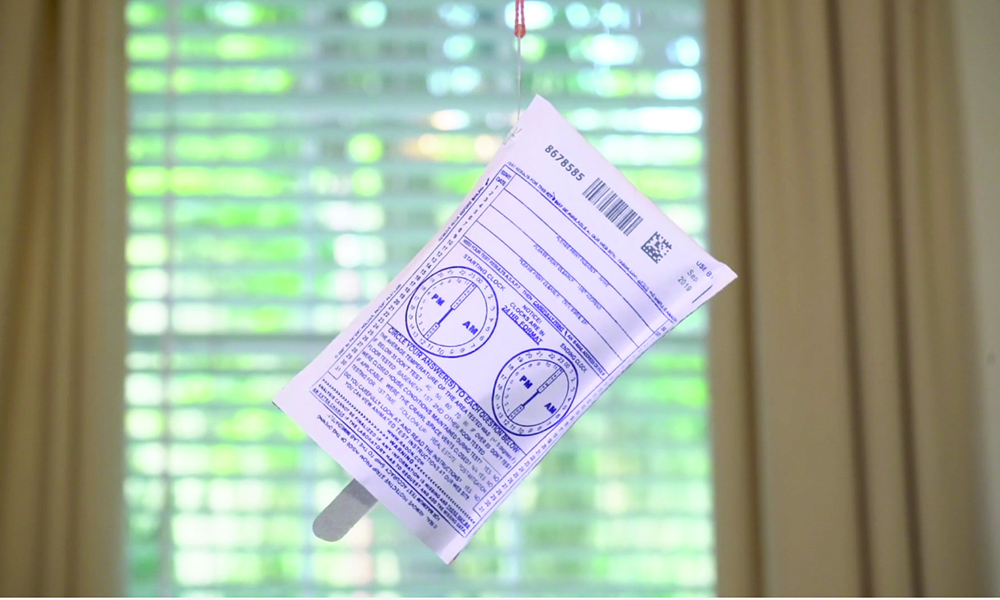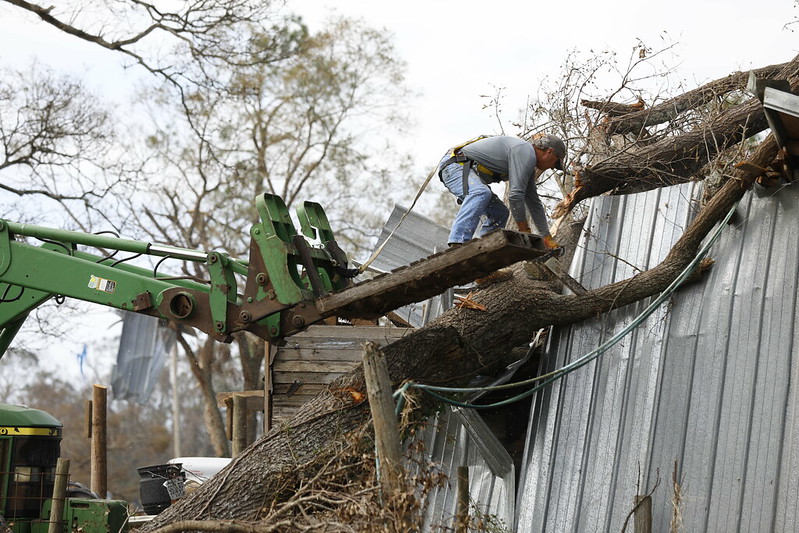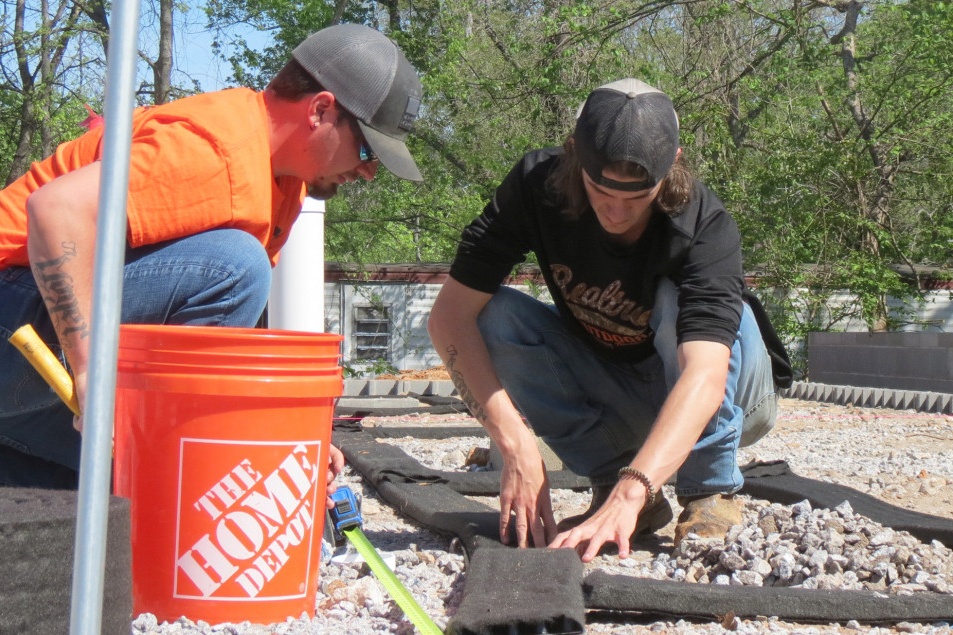 CAES News
CAES News
Radon Poster Contest
Radon, an odorless, colorless and tasteless gas, is the second-leading cause of lung cancer in the U.S., but it can be detected and mitigated with the help of local University of Georgia Cooperative Extension Service offices across the state. Radon comes from the breakdown of uranium in granite and rocky soils, so Georgia’s wealth of granite bedrock increases the chance of household radon for its residents.

.png)
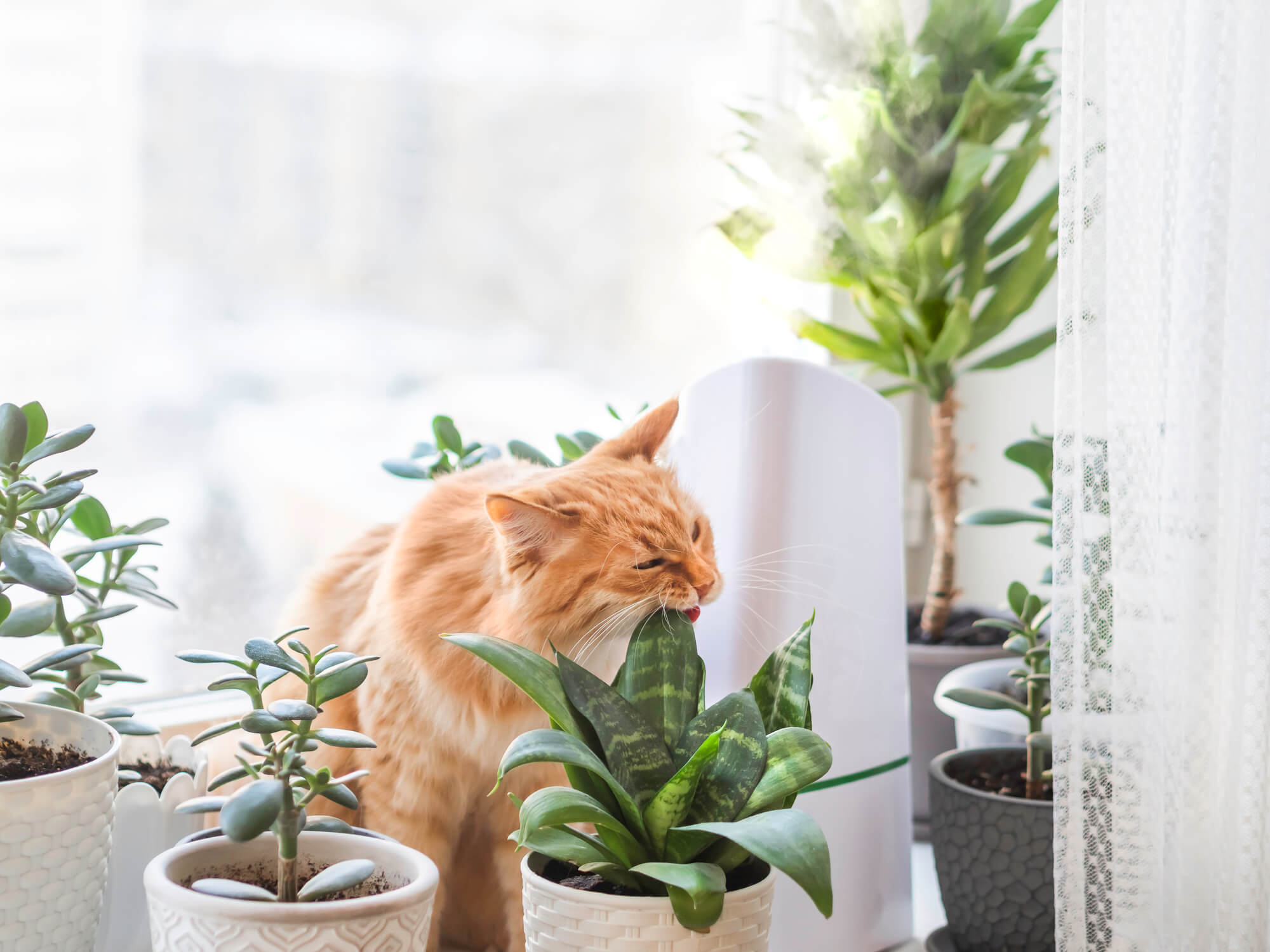
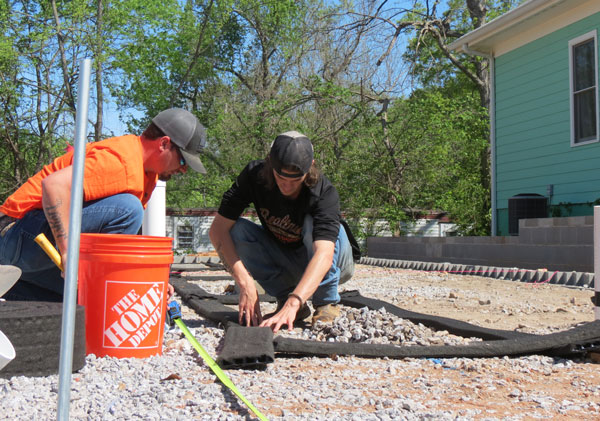
.png)
